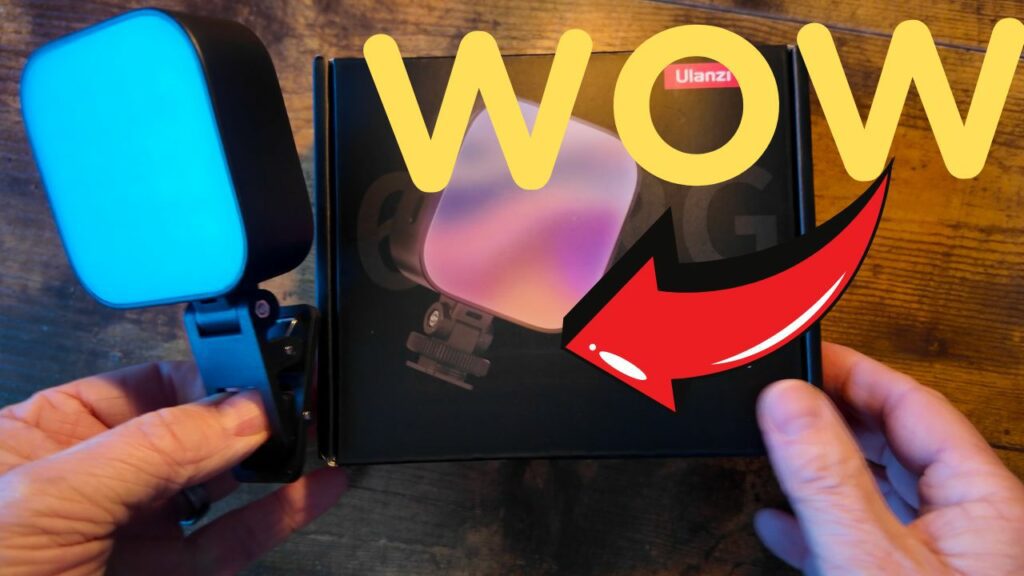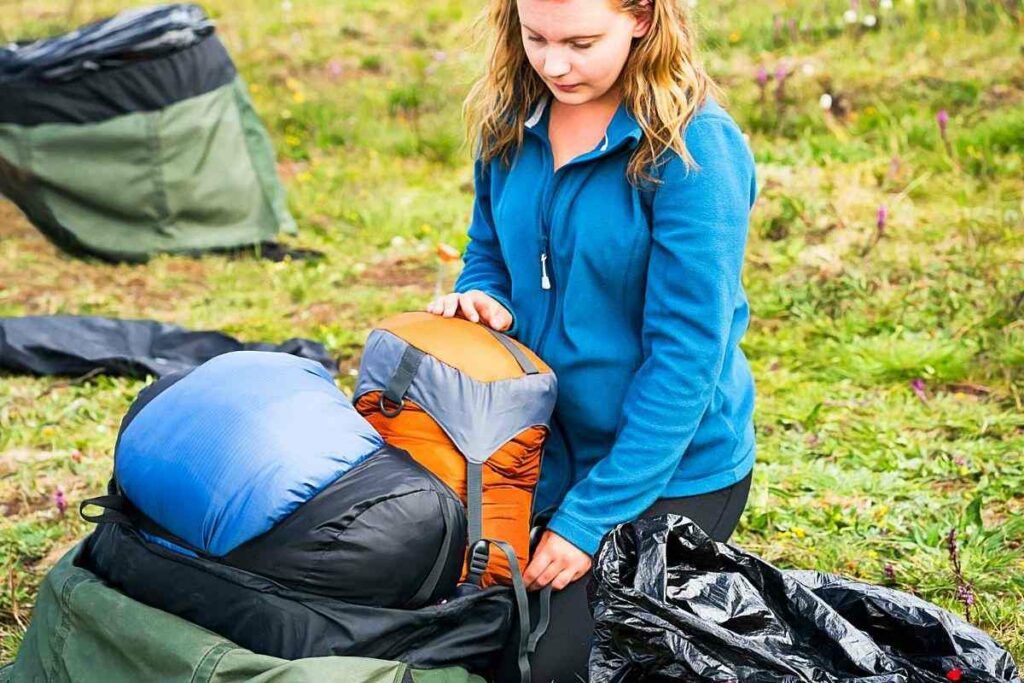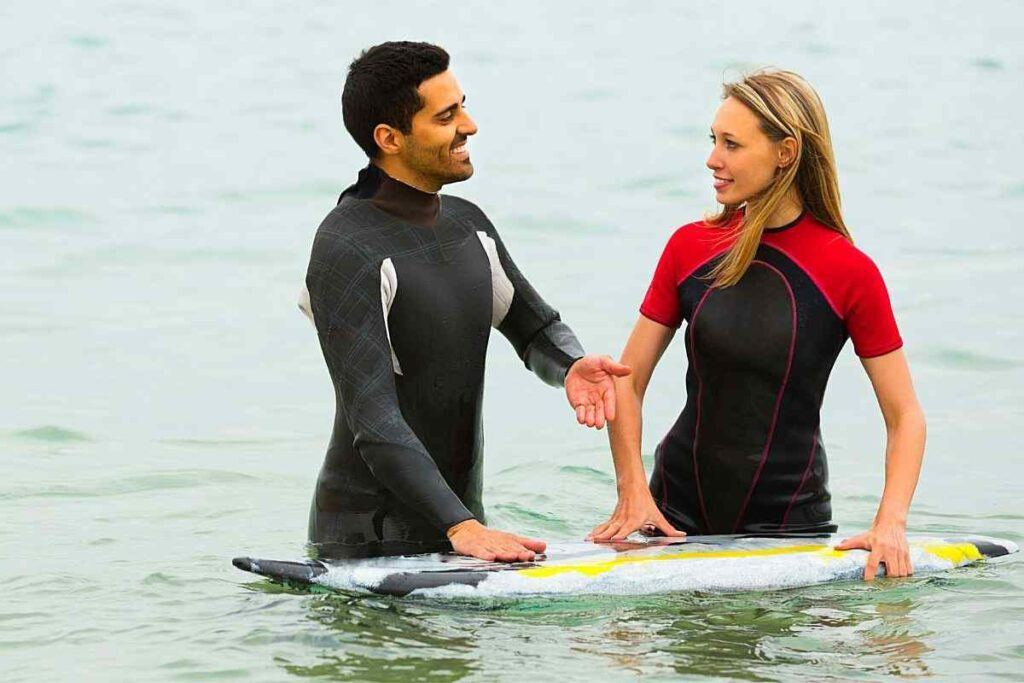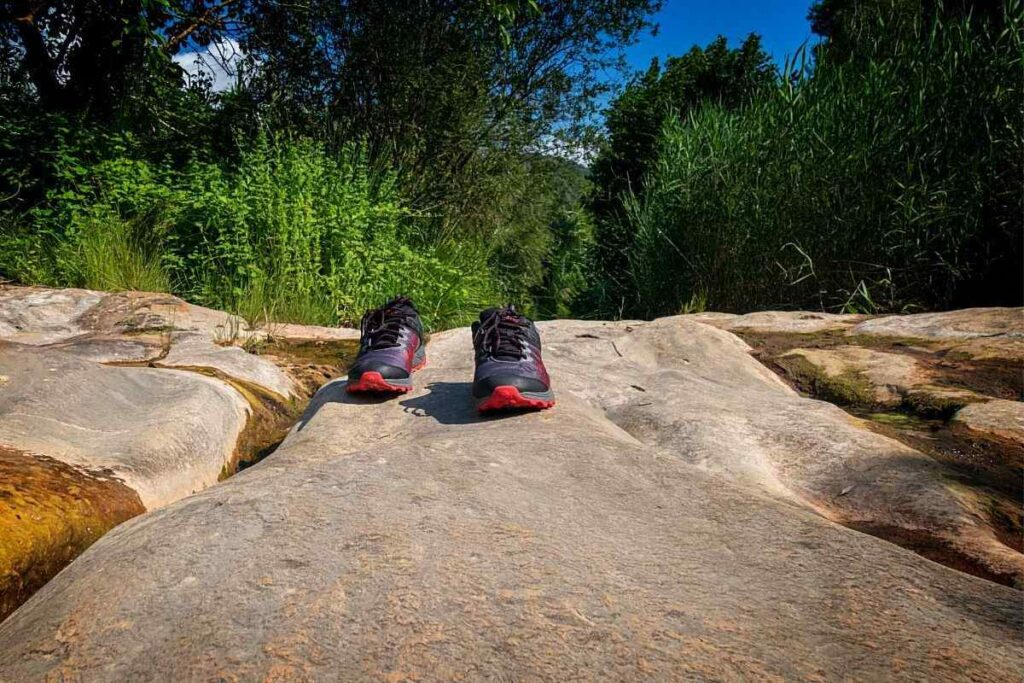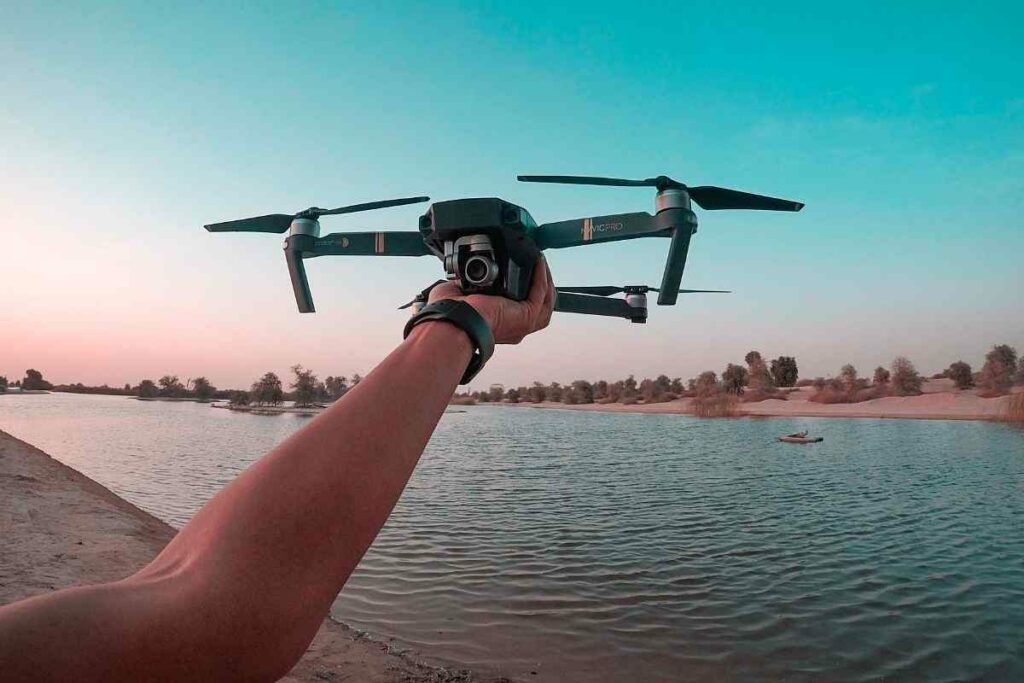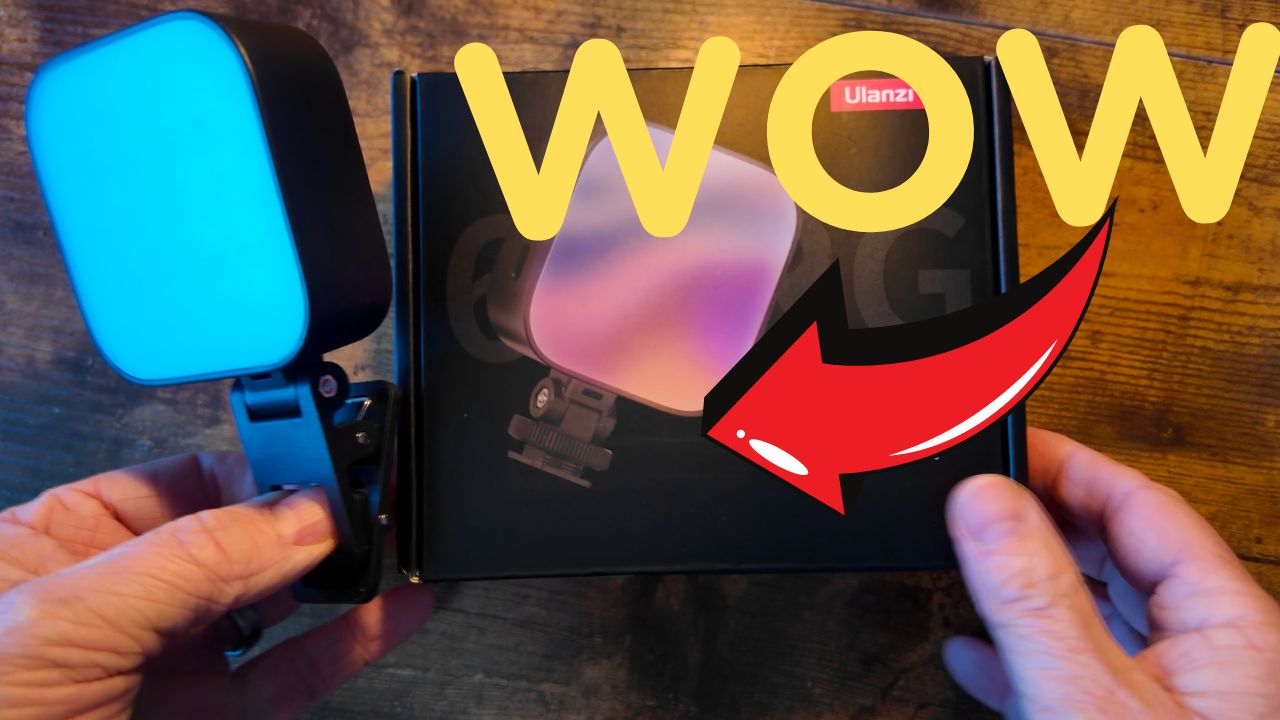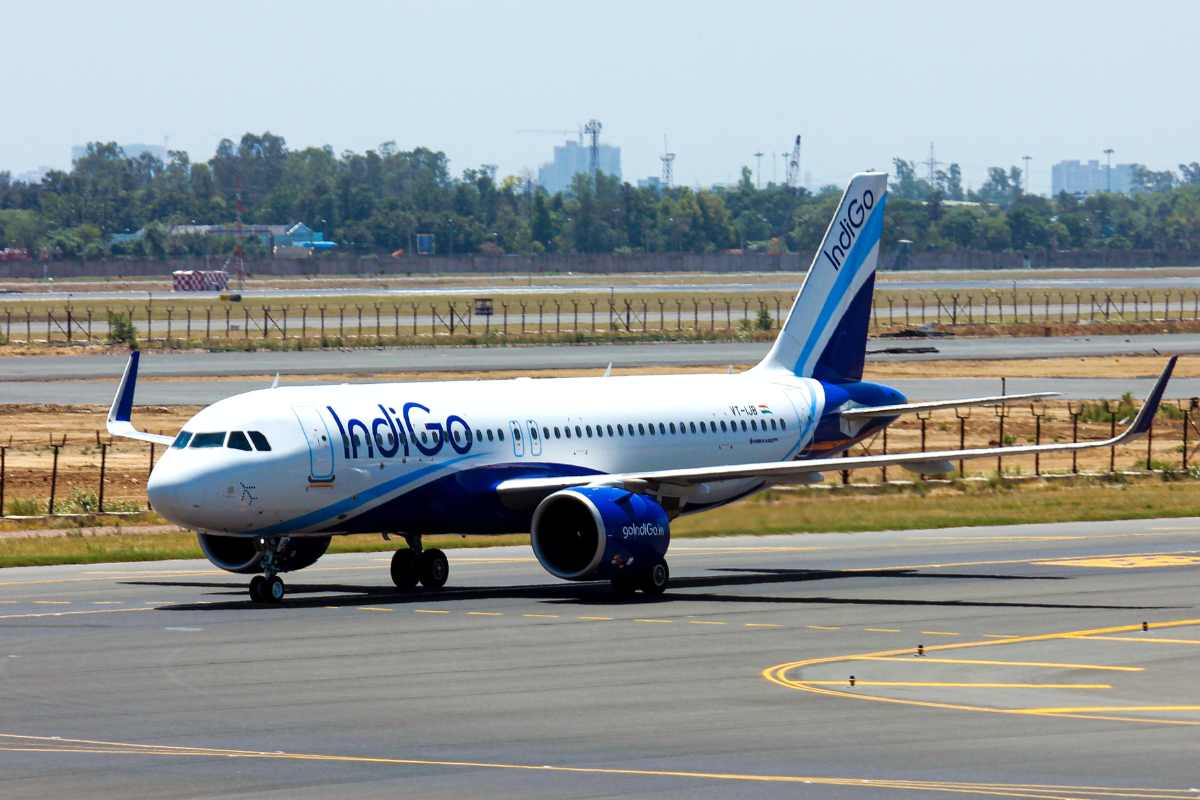You are probably looking forward to visiting Ireland’s natural beauty, with its breathtaking landscapes and iconic landmarks.
Knowing what cash or cards to carry is crucial, besides having a solid itinerary.
The good news is that most American Visa and MasterCard bank debit cards will be acceptable in shops and ATMs in Ireland.
Does Ireland Prefer Cards Or Cash?
You can use either card or cash in Ireland, but having some cash in the local currency will make transactions easier.
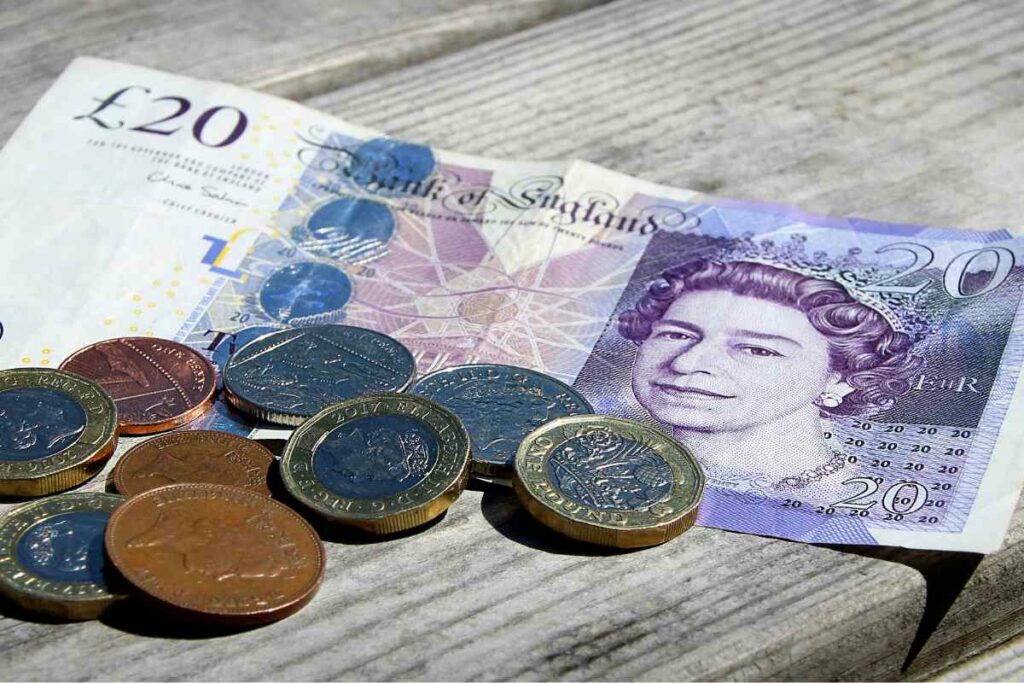
Although cash is widely acceptable, ensure you have the correct currency.
Ireland uses two currencies, depending on which part you are visiting. Northern Ireland prefers British Pounds (£), while the rest of the country uses Euros (€).
Using American Dollars In Ireland
Unfortunately, you cannot use American dollars to make payments while visiting Ireland. The best and simplest way to have handy cash is by converting dollars to Euros before travel or in transit.
Not only is it necessary for quick purchases, but it will cover most of your expenses if you have trouble using your debit card.
Read Later – Best Credit Card To Use In Ireland
What Debit Cards Are Accepted In Ireland?
You can use all Visa and MasterCard debit cards from America to withdraw money at an ATM or make payments in outlets in Ireland. Irish banks issue all their cards, debit and credit, chip and pin enabled.
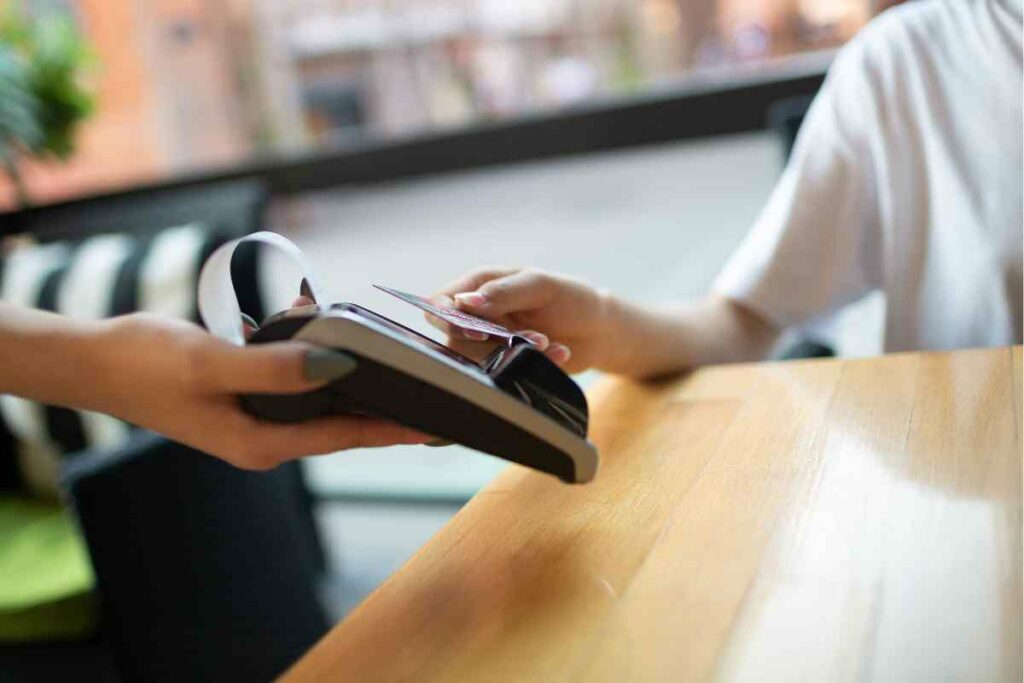
Even so, if you have a debit card that is chip and pinless (requiring a signature), it may be usable in Ireland.
American Express cards are still usable, but not as regularly as Visa or MasterCard. On the downside, Discover cards are almost non-existent in Ireland.
If you own one, consider leaving it home, as it is uncommon in most European countries, including Ireland.
As a travel guideline, contacting your bank before traveling is always safe. They will advise you on what to expect and any authorization procedures for using your debit card abroad.
To have options, consider carrying 2 or 3 different debit cards if you have a travel expenditure limit.
These are especially useful in medical emergencies, as you may need to spend extra for treatment or evacuation.
Charges For Using Your Debit Card In Ireland
Most Irish hotels, retail shops, and restaurants accept debit cards as a mode of payment. You will pay an extra 3% of the total amount to use your foreign or US bank card to transact.
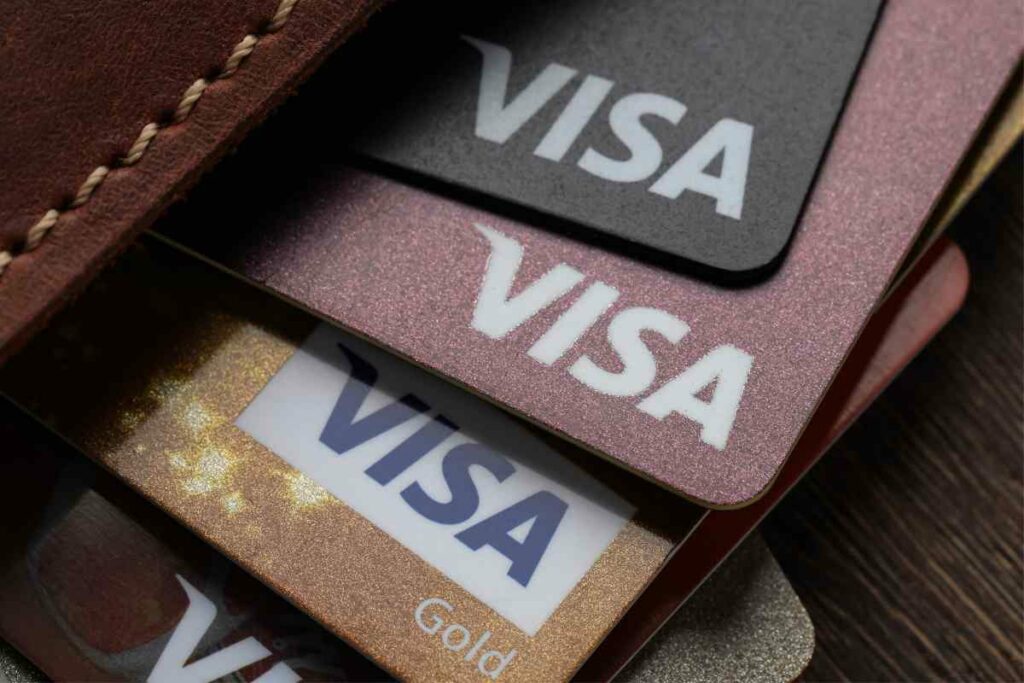
Although Visa and MasterCard determine the exchange rate, the foreign transaction fee is mandatory.
Sometimes the shop attendant will ask if you wish to pay in dollars or the local currency, Euros or Pounds.
Always pay in the local currency, as the card provider rate is almost the same as the interbank rate.
If you agree to pay in dollars, the conversion rate may be ridiculously high as the establishments use uncontrolled rates.
Plan your trip – Traveling Ireland On A Budget
Are There ATM Fees In Ireland?
Your home bank may charge a transaction fee, a percentage of the withdrawal amount, plus fixed costs, so check with them.
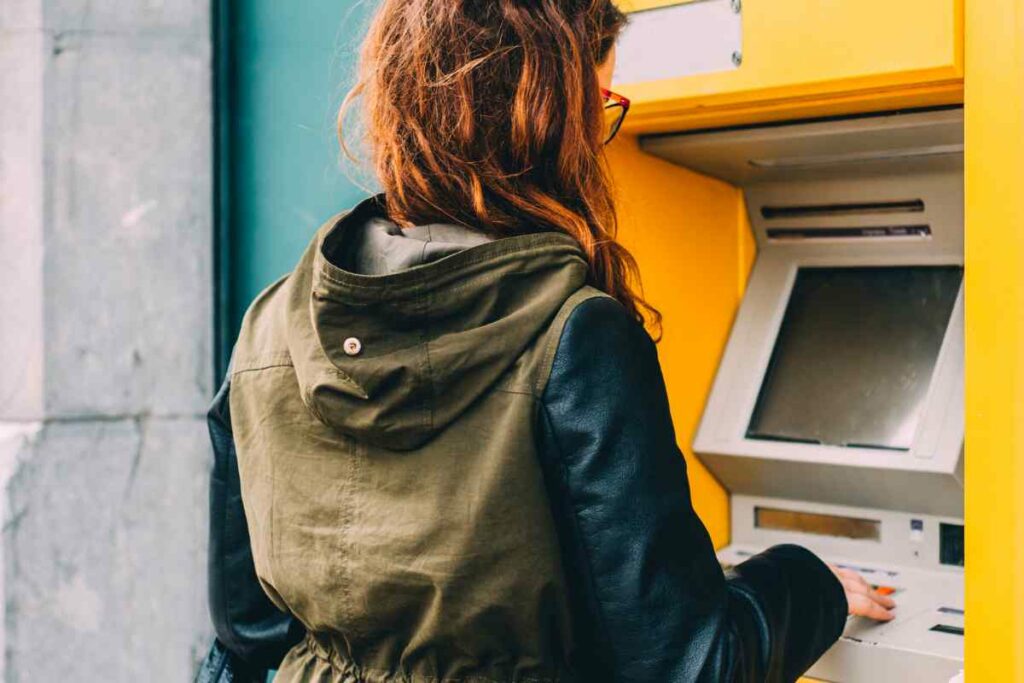
You will find ATMs outside or inside local banks, stores, or outlets in Ireland. While Irish banks do not charge withdrawal fees, your card-issuing bank will.
In addition, some shops may charge you extra to use their private ATMs. For the withdrawal at a private ATM, the extra fee is usually in Euros. It is payable whether you use a local Irish or foreign debit card.
If you withdraw Euros, the Dollar to Euro exchange rate will be that particular day’s rate by Visa or MasterCard, not the local bank. Still, the rate tends to be closer to what the banks use.
For instance, using a Bank of America debit card at an Irish bank ATM will incur the following charges: 3% of the amount withdrawn and an extra $5 for making a foreign transaction.
Tips For Using A Debit Card In Ireland
One of the most important tips before traveling is to let your bank know you will use your debit card abroad.
As a result, you will be aware of any charges, and in case your card gets stolen or lost, you can notify them instantly.
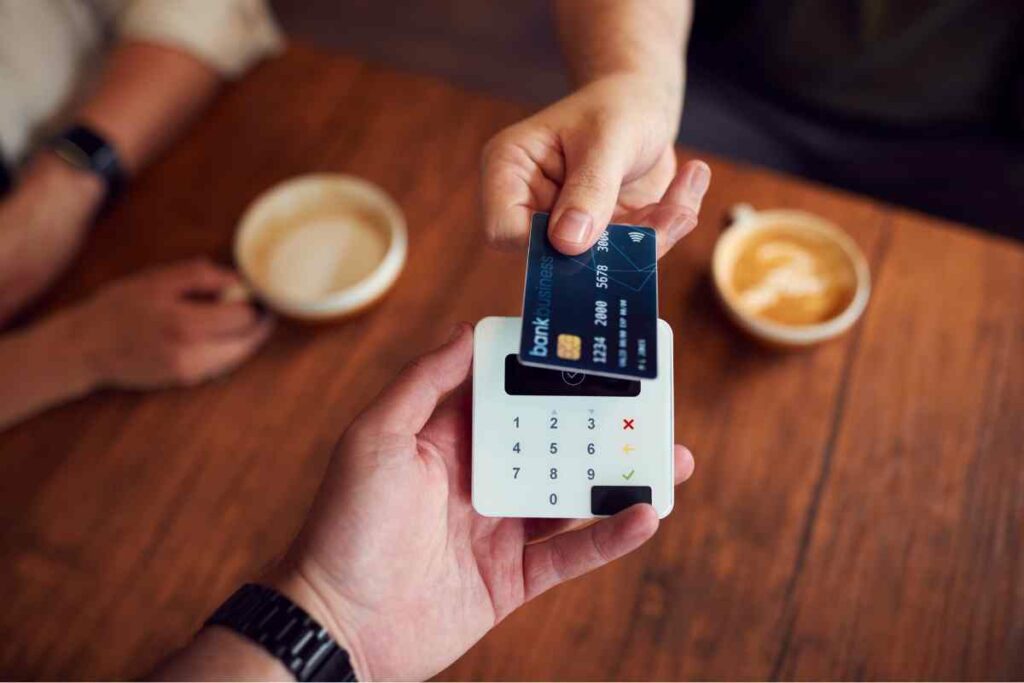
Here are a few useful tips for debit card transactions in Ireland.
- Use Visa or MasterCard only to avoid cases where an outlet may decline Amex cards.
- Withdraw cash in ATMs anywhere in Ireland in the local currency, either Euros or Pounds, for ease of payment.
- Have a secondary or backup debit card. You can carry one during excursions and leave another safe in the hotel room as you never know what might happen.
- Save your bank’s contact information so you can reach them easily if you have transaction issues or need to report a stolen card.
- During payment, if you are asked to accept DCC at the point of sale, check the exchange rate beforehand, as it can be inconvenient.
Alternatives To Bank Debit Cards In Ireland
There is a cheaper debit card alternative to your local banks for frequent travelers. Wise, recently known as TranferWise, has been around for over a decade and provides two card solutions for its users.
The first option is their MasterCard Dollar debit card that uses the money in your Wise account. The second option is a multi-currency debit card to load cash in various currencies when traveling.
Both cards can make physical or online payments and attract lower transaction fees than bank debit cards.
In addition, if, for instance, you make an ATM withdrawal in Ireland using a Wise debit card, the first transaction is usually free.
However, this only applies to an initial $250 once a month. Any further ATM withdrawals attract a fee of 2% which is still cheaper than the 3% Visa and MasterCard charge.
You may also like 📖
Final Thoughts
While you have confirmed that you can use your debit card in Ireland, it is advisable to always carry some cash. Have at least a few hundred Euros to spend in villages where ATMs are hard to come by.
You will incur fewer transaction fees but not worry about fraudulent transactions if you lose a card.
- Ulanzi U60 RGB Video Light Review: Top Vloggers’ Choice?
- Stuff Sack Vs. Compression Sack (Complete Comparison)
- Best Wetsuits for Surfing (Top 7 Picks & Buying Guide)
- Best Shoes For Slippery Rocks (Top 8 Picks & Buying Guide)
- Packing Cubes Vs. Compression Bags (All You Need to Know)
- Best Drones for Hiking (Top 4 Picks & Buying Guide)

